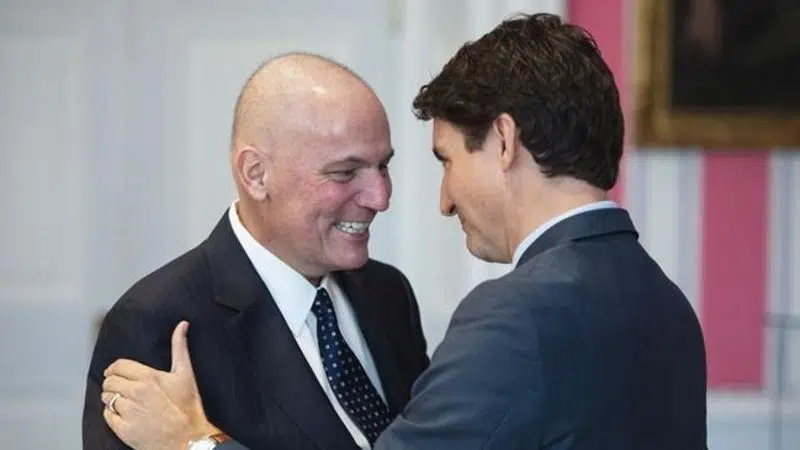
Dominic LeBlanc’s role, who’s in charge of regional agencies becoming clearer
OTTAWA — Democratic Institutions may be gone as a separate ministry in Justin Trudeau’s cabinet but the issues it dealt with have not been forgotten.
They’ll be handled by Dominic LeBlanc, who sits in cabinet as president of the Queen’s Privy Council for Canada.
That’s just one of the details about the prime minister’s new cabinet that are starting to become clear after Wednesday’s swearing-in ceremony, which left onlookers wondering what exactly some ministers will be doing.
More details will emerge when Trudeau eventually releases the mandate letters he’s written to each of his 36 ministers. But some additional information about the structure of cabinet and the roles of various ministers is already starting to dribble out.
